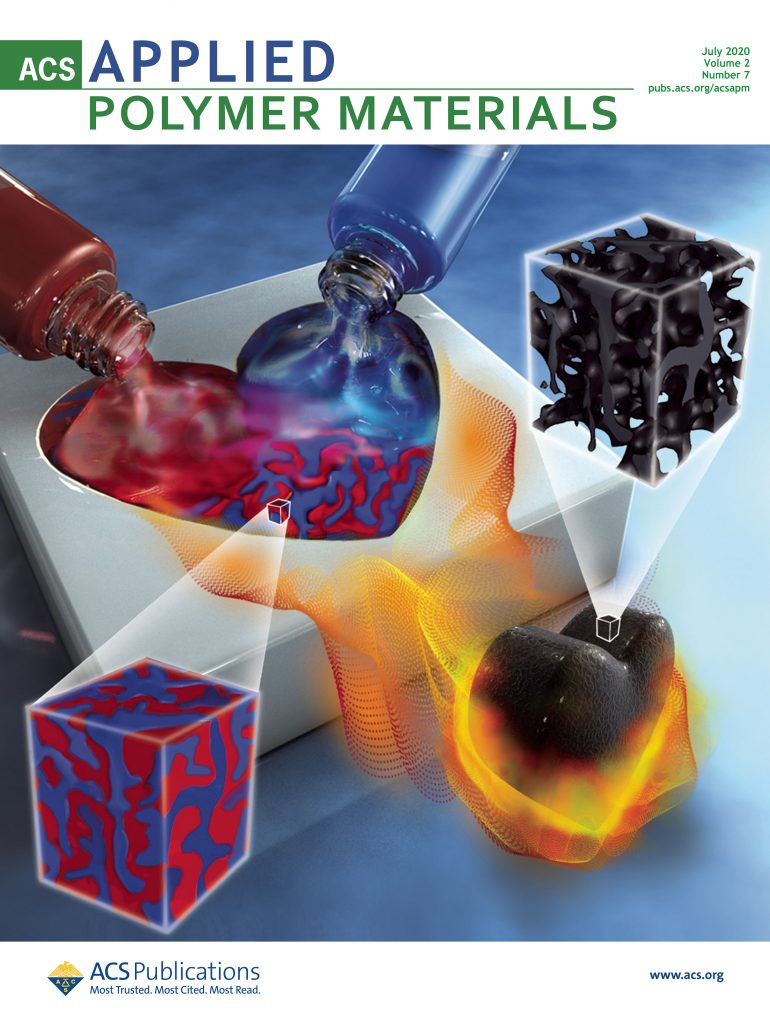Toward the Science of Engagement With Digital Interventions
IF 4.4
2区 化学
Q2 MATERIALS SCIENCE, MULTIDISCIPLINARY
引用次数: 0
Abstract
Digital technologies, such as mobile devices and wearable sensors, are ingrained in daily life, making them a promising vehicle for delivering health behavior interventions. However, a critical challenge that undermines the utility of digital interventions is the suboptimal engagement of participants, where participant engagement is defined as the investment of physical, cognitive, and affective energies in a focal stimulus or task. Research aiming to understand how to increase engagement with digital interventions has grown substantially in recent years. This article highlights several limitations of the existing evidence that restrict its scientific and practical utility and discusses opportunities for advancing the science of engagement with digital interventions. Synthesizing the current body of evidence, we call for conceptualizing digital interventions as a collection of stimuli (e.g., notifications, reminders) and tasks (e.g., open the mobile app, practice a relaxation technique) and considering engagement with digital interventions as a process rather than a state (i.e., momentary conditions/experiences) or trait (i.e., a relatively stable disposition). This approach has the potential to enhance scientific rigor and transparency in measuring, reporting, and interpreting engagement with digital interventions that would ultimately serve to bolster progress toward developing strategies for optimizing engagement.数字干预的参与科学
移动设备和可穿戴传感器等数字技术在日常生活中根深蒂固,使其成为提供健康行为干预措施的大有可为的工具。然而,影响数字干预措施效用的一个关键挑战是参与者的参与度不够理想,参与者的参与度被定义为在焦点刺激或任务中投入的体力、认知和情感能量。近年来,旨在了解如何提高数字干预参与度的研究大幅增长。本文强调了现有证据的一些局限性,这些局限性限制了现有证据的科学性和实用性,并讨论了推进数字干预参与度科学研究的机遇。综合现有证据,我们呼吁将数字干预概念化为一系列刺激(如通知、提醒)和任务(如打开手机应用、练习放松技巧),并将参与数字干预视为一个过程,而不是一种状态(即瞬间条件/体验)或特质(即相对稳定的倾向)。这种方法有可能提高测量、报告和解释参与数字干预的科学严谨性和透明度,最终将有助于在制定优化参与的策略方面取得进展。
本文章由计算机程序翻译,如有差异,请以英文原文为准。
求助全文
约1分钟内获得全文
求助全文
来源期刊

ACS Applied Polymer Materials
Multiple-
CiteScore
7.20
自引率
6.00%
发文量
810
期刊介绍:
ACS Applied Polymer Materials is an interdisciplinary journal publishing original research covering all aspects of engineering, chemistry, physics, and biology relevant to applications of polymers.
The journal is devoted to reports of new and original experimental and theoretical research of an applied nature that integrates fundamental knowledge in the areas of materials, engineering, physics, bioscience, polymer science and chemistry into important polymer applications. The journal is specifically interested in work that addresses relationships among structure, processing, morphology, chemistry, properties, and function as well as work that provide insights into mechanisms critical to the performance of the polymer for applications.
 求助内容:
求助内容: 应助结果提醒方式:
应助结果提醒方式:


